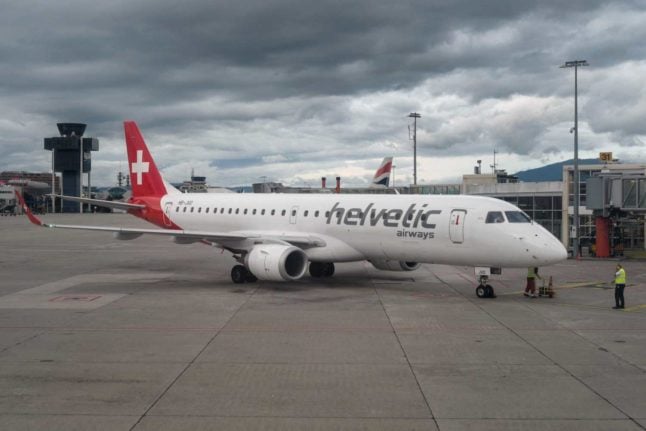While Covid shots were previously free for everyone in Switzerland, with the Swiss government picking up the tab, the country has been reluctant to issue a recommendation for a second booster.
As The Local reported on Monday, this means that many people’s most recent shot will soon be more than nine months ago, which is the date at which many Covid passes expire.
READ MORE: What will Switzerland do about the ‘millions’ of expiring Covid certificates?
Although evidence of vaccination is not required domestically in Switzerland any more, it may pose issues in travel.
Since many countries still require a vaccination certificate for entry, and as the second round of boosters is not yet available in Switzerland, this means that a large number of people may not be able to travel abroad.
Swiss health authorities: Travellers should pay for Covid boosters themselves
According to newest recommendations of the Federal Office of Public Health (FOPH), people travelling abroad who need second booster doses must pay for the shots themselves.
As the fourth vaccine dose is currently recommended only for people with a severely weakened immune system, everyone outside of this group will be charged as yet undefined fee.
The proposal was sent to the cantons for consultation until June 1st.
If agreed on, the Federal Council will adjust the Epidemics Ordinance accordingly on June 10th.



 Please whitelist us to continue reading.
Please whitelist us to continue reading.
Member comments